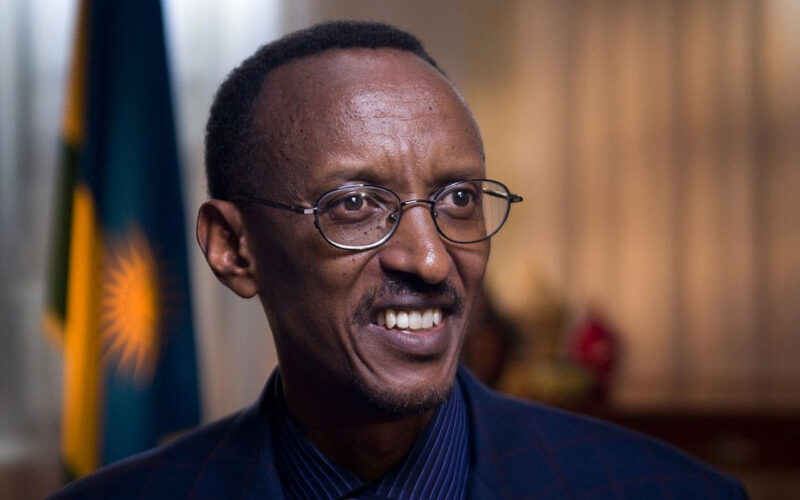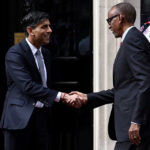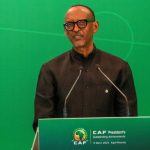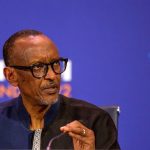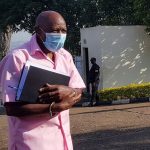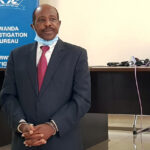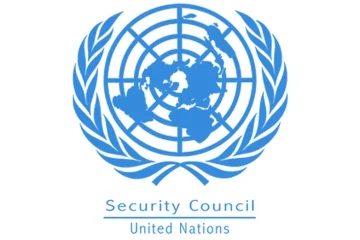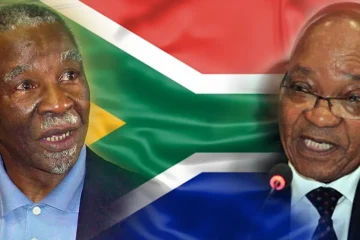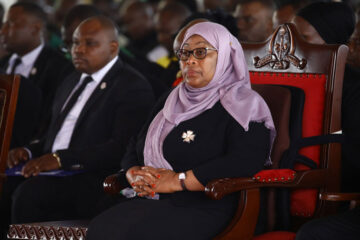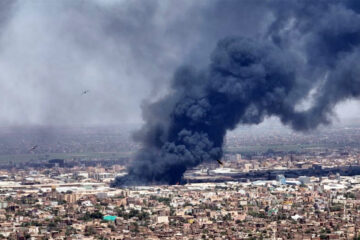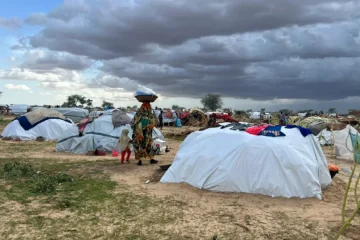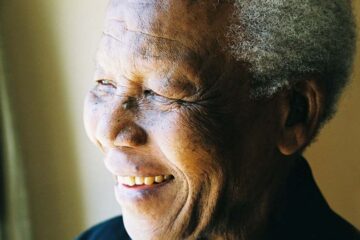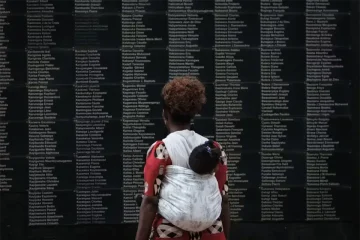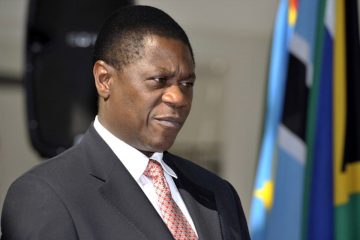RWANDA’S ruling party, the Rwanda Patriotic Front (RPF), recently concluded its 16th congress. This also marked 35 years of its existence. The centre piece, however, was the election as chairman, yet again, of the country’s president Paul Kagame. With 99.9% of the votes – 2,099 of the available 2,102 votes – Kagame was re-elected and put on course to potentially run for yet another electoral term in 2024.

The constitution allows Kagame to seek re-election until 2035. That’s a long way off and he has not indicated when he would be willing to usher in a transition from himself. He has acknowledged the need for change as he so often implores his party to reflect on change in continuity. At 65, there is no sign that he will exit the stage just yet.
Kagame who had been the driving force behind the RPF Inkotanyi’s armed wing, took over the chairmanship of the party in 1998. Since then, he has shown himself to be a shrewd political operator, vanquishing political enemies (real and imagined). He has also built a messianic persona and a reputation for being a no-nonsense statesman.
For all these reasons he has become an international icon who is liked and loathed. In Rwanda, public sentiments are largely supportive of his legacy.
It is also clear that only Kagame will decide at a time of his own choosing when to exit the political stage. As a long-term researcher and author on Rwanda’s political transformation, I believe there are five reasons for this. They include the role of his party in keeping him in power as well as personality traits.
1. Rwanda Patriotic Front an economic powerhouse
The dominance and longevity of political parties can sometimes boil down to one simple thing – finances. The Rwanda Patriotic Front has demonstrated that it has plenty and has used it to eclipse all other political actors. It has built a self-sustaining finance infrastructure buttressed by its deep involvement in the economy. If real estate were evidential, its over $10 million headquarters in the capital is testament to this financial clout.
2. The disciplinarian
Many political observers around the world have come to associate Kagame with a trait that some argue is simple ruthlessness or otherwise strict disciplinarianism. Perhaps this is because of his military and in particular intelligence background.
In Rwanda, he is known for having very little time for government officials’ indiscipline and in particular corruption. Cabinet members have been dismissed if implicated in corruption and others made to account for lapses in performance. He has a very high work ethic and abhors laxity.
It is this that endears him to even those that disagree with his politics. As such, Rwanda is one of the least corrupt countries, one of the easiest in doing business in Sub Saharan Africa. Efficiency, less red tape and transparency being key to an enabling environment.
3. The pragmatist
Longevity in Africa’s executive office requires shrewd pragmatism and Kagame has proven adept at this. To ensure dominance of his Rwanda Patriotic Front and himself, he has had to be willing to adopt practical positions that further this interest. For instance, while he has taken very stern public stance against those seen as disagreeing with Rwanda’s actions or politics, he has been careful to mend bridges when it serves his purpose.
The recent release of government critic Paul Rusesabagina after US designated him as unlawfully detained and imprisoned is a case in point.
4. Public strategist
For a tiny country of only 13 million people, Rwanda has secured outsize media coverage under Kagame’s leadership. He has taken bold, some would say risky, decisions that have set him apart from any domestic pretenders to the throne and international peers.
The country has been a sponsor of some of the world’s biggest football clubs sports kits emblazoned with the “visit Rwanda” logo. It has agreed to a humanitarian albeit controversial gesture to host refugees repatriated from Libya and recently UK.
The FIFA world 73rd congress summit held for the first time in Africa has recently concluded in Kigali while the country will host, for an African first, the 2025 World Cycling Road Championship.
5. The omnipresent force
There is no one in Rwanda more omnipresent than Kagame in particular and his Rwanda Patriotic Front party in general. He has personally dominated and defined the political space of the country since the end of the genocide in 1994.
The Rwanda Patriotic Front, the political wing of the then rebel force of the Rwanda Patriotic Army, has established a dominant party system in which no other party contender stands a realistic chance of over taking it. To do this the party used its parliamentary dominance to pass strict rules that govern political parties. These have seen the disbanding of parties like the Mouvement Démocratique Républicain (MDR) while co-opting others into a coalition. This, the Rwanda Patriotic Front argues, is the spirit of consensus governance rather than conflictual competition.
The risks of dissension
Political commentators have argued that for those involved in politics in the country, the risks of criticising Kagame or his government are simply too high. According to Human Rights Watch many critics have ended up in jail, exiled or assassinated.
This sends a rather chilling message to anyone who dares challenge the status quo.
For now, Kagame appears to provide a kind of certainty and predictability to the nations’ politics, allowing the country to rebuild on a firm footing. But this doesn’t make him indispensable. As Rwanda puts distance from its traumatic past, gains confidence in its future, it may need or indeed demand a change of guard.

